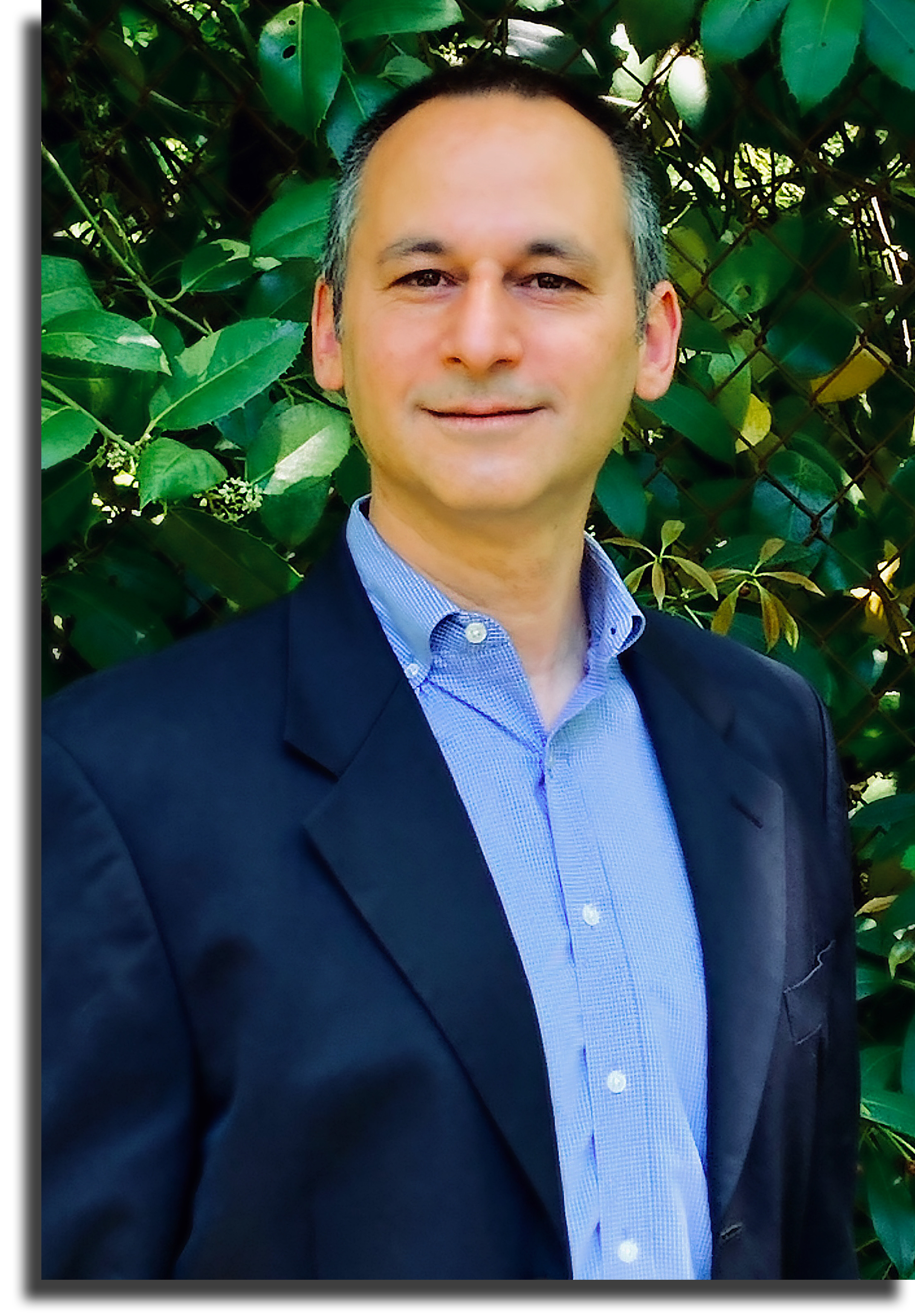 This past week saw the shortest and darkest day of the year. But now, going into the
new year, we see the light beginning to return to us. A new administration offers a brighter future for
the United States and for its global allies. A vaccine has begun paving the way for an end to the pandemic
that has robbed us of over 300,000 American lives, and nearly 2 million globally. And as we live through the
havoc climate change is wreaking on our world, the U.S. is about to reenter the Paris Agreement. And of
course we are on the verge of new elections in Israel, where the possibility of change seems stronger every
day.
This past week saw the shortest and darkest day of the year. But now, going into the
new year, we see the light beginning to return to us. A new administration offers a brighter future for
the United States and for its global allies. A vaccine has begun paving the way for an end to the pandemic
that has robbed us of over 300,000 American lives, and nearly 2 million globally. And as we live through the
havoc climate change is wreaking on our world, the U.S. is about to reenter the Paris Agreement. And of
course we are on the verge of new elections in Israel, where the possibility of change seems stronger every
day.
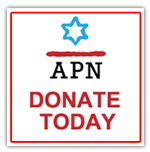 There is no question that it has been a year of darkness and despair. But there are bright
spots to note, even in the most bitter of times.
There is no question that it has been a year of darkness and despair. But there are bright
spots to note, even in the most bitter of times.
Seven months ago when I became CEO of Americans for Peace Now, I knew a fair amount about Israel and working for peace. But I didn’t know a lot about APN. I didn’t know about all of you – the peacebuilders – who have been here, with us, marching this work forward for nearly 40 years.
I didn’t know about our extraordinary staff who, from its founding days to today, have worked tirelessly for peace, relentless in their job to educate, inform and advocate. I didn’t know about our Board of Directors, many of whom have been with us on this journey for nearly all of the 40 years of our existence, inspiring and guiding us. And I didn’t know about you, our supporters, who have been the backbone of APN.
But over these seven months I have had the honor to meet many of you – virtually, of course – and learn from you about your passion for peace and your deep connection to our movement. It is your commitment to the mission that keeps us vital and moving forward every day. It’s your energy that sustains our movement when things seem most difficult. You are the lights in the darkness.
We have begun to carve out a new space for ourselves, bringing APN’s scholarship, knowledge and experience to the next generation of peace activists.
And in doing so, we have shown ourselves not afraid to take a stand for peace:
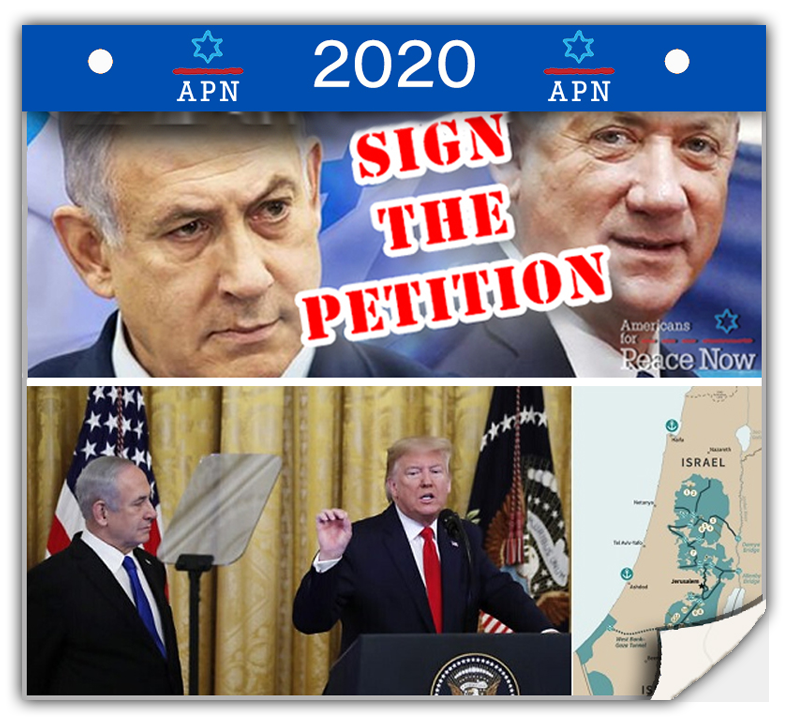 » In my first days at APN, we were confronted with the prospect of de-jure West Bank
annexation. We immediately called it out as anti-democratic and a threat to peace. We joined with
like-minded partners, Israeli and American, to send thousands of emails to the White House and to Prime
Minister Netanyahu denouncing the move, and supported our partner in peace, Shalom Achshav, as they
organized protests in the streets of Tel Aviv.
» In my first days at APN, we were confronted with the prospect of de-jure West Bank
annexation. We immediately called it out as anti-democratic and a threat to peace. We joined with
like-minded partners, Israeli and American, to send thousands of emails to the White House and to Prime
Minister Netanyahu denouncing the move, and supported our partner in peace, Shalom Achshav, as they
organized protests in the streets of Tel Aviv.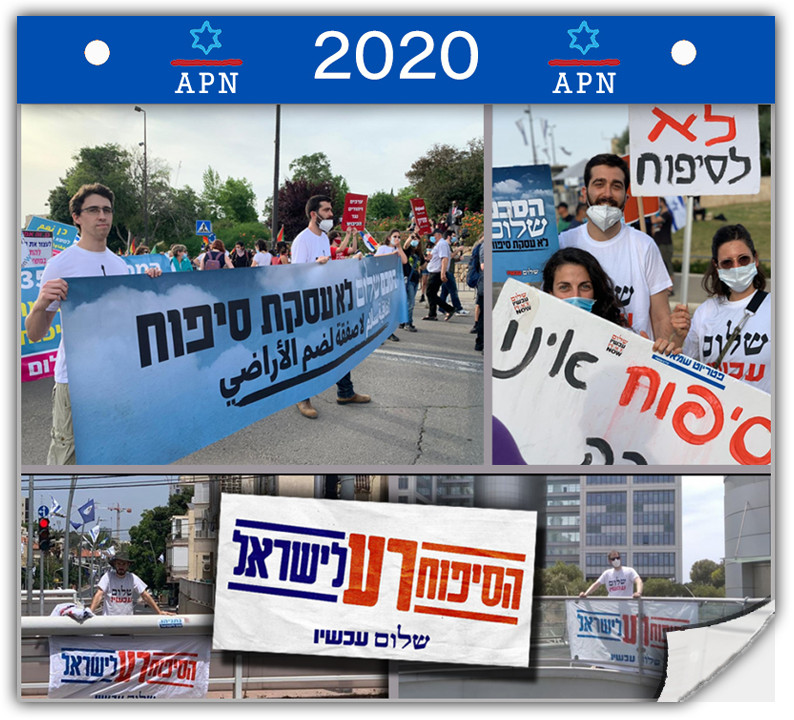 We also publicly called for then-nominee Joe Biden to speak out clearly in opposition to
annexation. And of course we helped get 191 Members of Congress to raise their voices in opposition to
annexation.
We also publicly called for then-nominee Joe Biden to speak out clearly in opposition to
annexation. And of course we helped get 191 Members of Congress to raise their voices in opposition to
annexation.» We hosted the first webinar with journalist Peter Beinart where he laid out his bold and controversial theories on the prospect of one-state. Over 900 donors and supporters joined in to learn about and wrestle with his ideas.
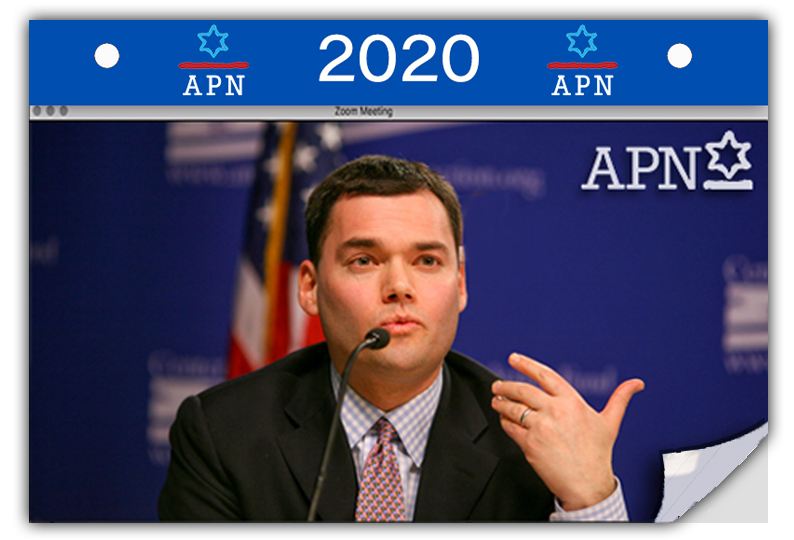 Our goal is clear. We’re not here to argue among ourselves. We’re here to build the movement for
peace and justice
Our goal is clear. We’re not here to argue among ourselves. We’re here to build the movement for
peace and justice» We became the first member organization of the Conference of Presidents to publicly call out Mort Klein, head of the Zionist Organization of America, for his racist tweets regarding the horrific killings of George Floyd, Breonna Taylor, Ahmaud Arbery and the Black Lives Matters protests of the spring and summer. Klein is a right wing, racist Islamophobe and I’m not afraid to say it.
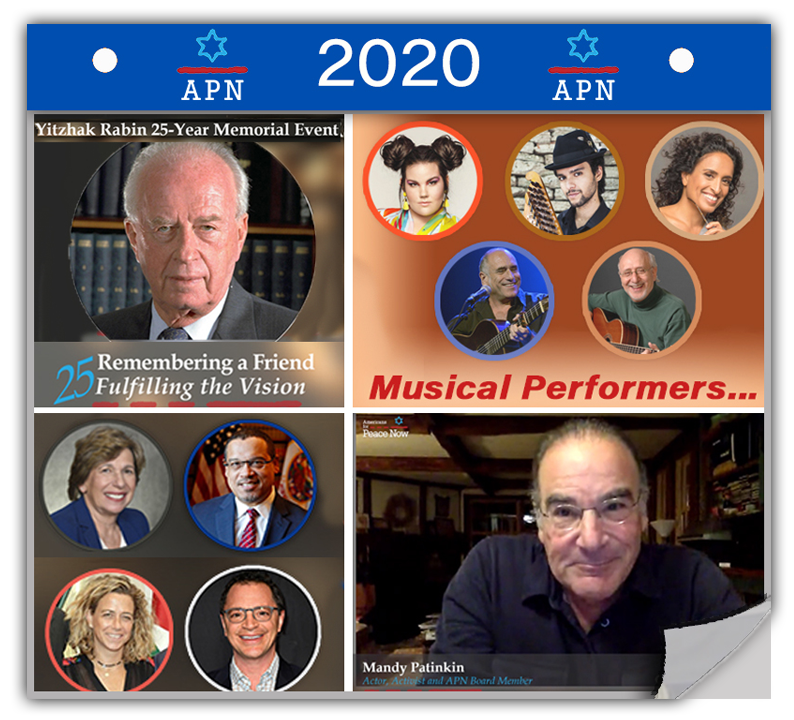 » When the Conference of Presidents called on its members to endorse the IHRA definition of
anti-Semitism, we were the only ones to stand up and say no. We won’t stick our heads in sand and
pretend that all is well while this definition is used across the globe to squash legitimate criticism of
Israeli policy and to attack those who speak out.
» When the Conference of Presidents called on its members to endorse the IHRA definition of
anti-Semitism, we were the only ones to stand up and say no. We won’t stick our heads in sand and
pretend that all is well while this definition is used across the globe to squash legitimate criticism of
Israeli policy and to attack those who speak out.» APN had the great honor to host a commemoration of the 25th anniversary of the assassination of Prime Minister Yitzhak Rabin, MC-ed by our Board member, Mandy Patinkin, who was joined by a panoply of activists, educators, singers and storytellers coming together to mark the moment and offer hope for the future.
Finally, as we move towards the final days of the year, I am pleased to tell you that we have been working closely with the incoming Biden administration and its transition team to ensure that peace remains a priority on their agenda. They are smart, qualified, and good people. But they are going to need to be pushed. And together, we will do just that.
Change is coming. But we cannot take advantage of this moment without you by our side.
 As you consider your final year-end donations, please include APN in your plans. If you have already made a
gift, consider making another. And if you haven’t yet given to APN this year, there is still time.
As you consider your final year-end donations, please include APN in your plans. If you have already made a
gift, consider making another. And if you haven’t yet given to APN this year, there is still time.
Our work is more critical than ever before; our voice never more needed. You are an essential part of our future – together we are the peacebuilders, a movement forged in a desire to make the change we want to see.
Thank you for your generosity and your commitment. All of us at APN send you and your family warmest wishes for a healthy, safe and peaceful new year.
Sincerely,
![]()
Hadar Susskind
President and CEO
Americans for Peace Now
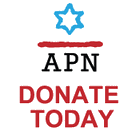
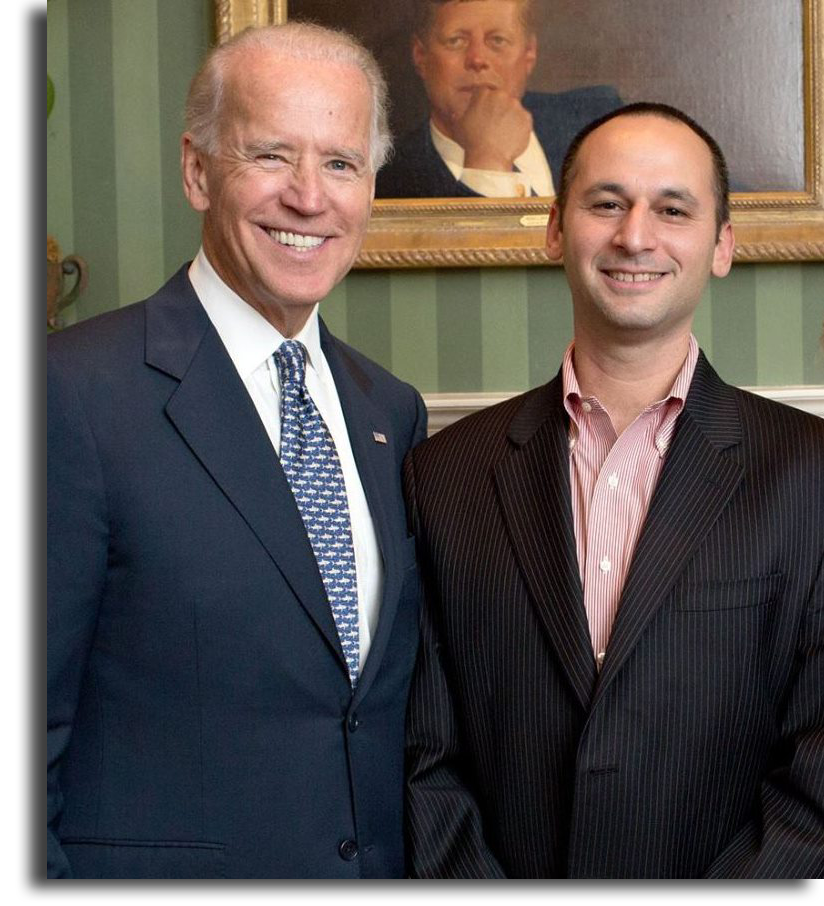 First, in less than three weeks, we will have in the White House a President who is committed to a
responsible, level-headed foreign policy, who will not deposit the Israel-Palestine file into the hands of
his ignorant, smug son-in-law and his former bankruptcy lawyer, a messianic zealot, who thinks progressive Jews
like you and me are “worse than kapos.” Yes, Trump’s ambassador to Israel David Friedman actually said that –
among the other vile, incendiary things he said and did.
First, in less than three weeks, we will have in the White House a President who is committed to a
responsible, level-headed foreign policy, who will not deposit the Israel-Palestine file into the hands of
his ignorant, smug son-in-law and his former bankruptcy lawyer, a messianic zealot, who thinks progressive Jews
like you and me are “worse than kapos.” Yes, Trump’s ambassador to Israel David Friedman actually said that –
among the other vile, incendiary things he said and did.
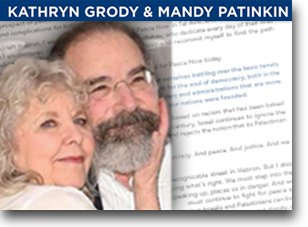 In a recent letter they sent on behalf of Americans for Peace Now, Mandy Patinkin and Kathryn Grody
included the story about Mandy’s experience following a concert he gave to benefit APN. The above video was of
Mandy telling it, with his recognizable flair, at a 2012 Peace Now conference in Israel.
In a recent letter they sent on behalf of Americans for Peace Now, Mandy Patinkin and Kathryn Grody
included the story about Mandy’s experience following a concert he gave to benefit APN. The above video was of
Mandy telling it, with his recognizable flair, at a 2012 Peace Now conference in Israel.
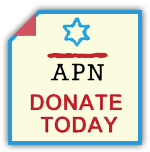
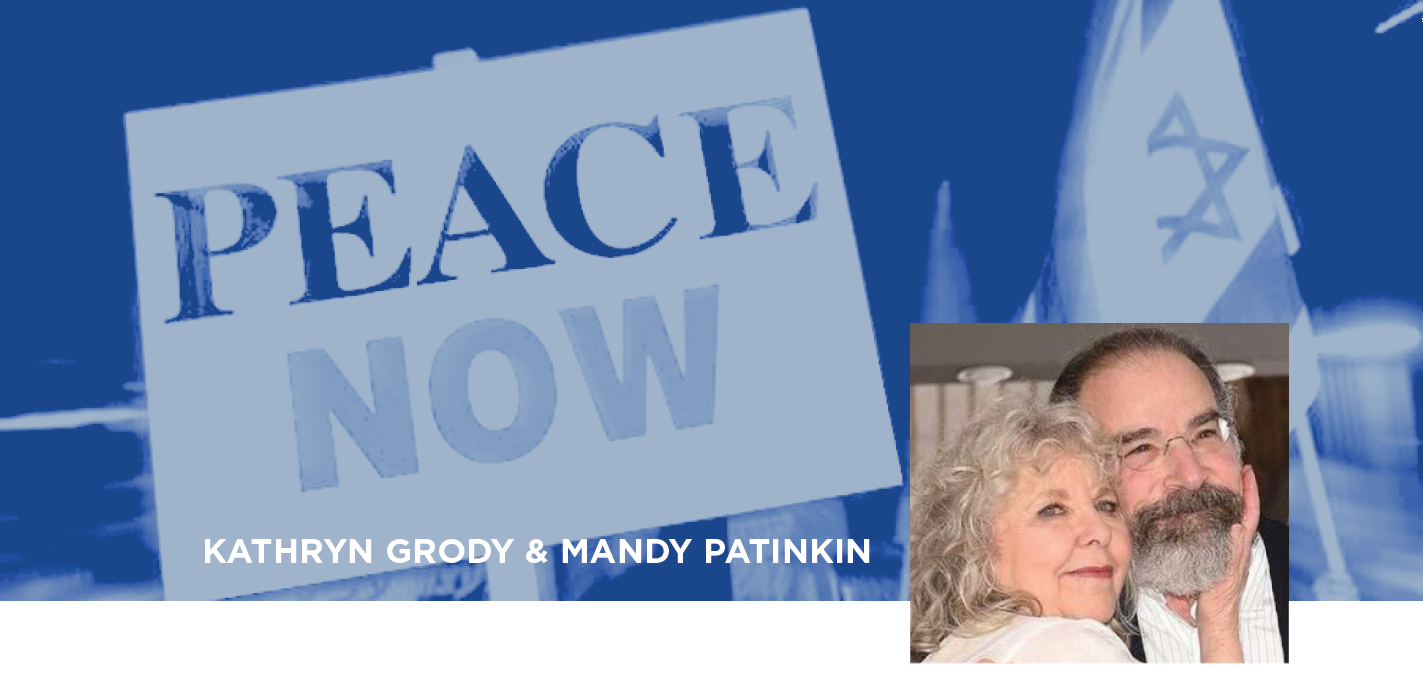 Thirty-eight years ago, when my wife Kathryn and I were expecting our first child, we
went to Israel to research the movie Yentl. I stayed at an Orthodox Yeshiva, and Kathryn at The American
Colony Hotel. The next day we spent a beautiful day in Hebron, surrounded by curious children happy to
meet visiting Americans, and went on a tour of a vibrant neighborhood, guided spontaneously by a sweet
stranger at the Cave Of The Patriarchs and Matriarchs. Our baby boy moved fiercely when visiting this
tomb, and we decided that was a sign that he should be named Isaac. Fast forward almost 40 years, when I
was filming an episode of Homeland, and I traveled to Israel and Palestine. Once again, I visited Hebron.
But this time, traveling with Israeli peace activists from Shalom Achshav, those thriving streets Kathryn
and I had seen were no longer.
Thirty-eight years ago, when my wife Kathryn and I were expecting our first child, we
went to Israel to research the movie Yentl. I stayed at an Orthodox Yeshiva, and Kathryn at The American
Colony Hotel. The next day we spent a beautiful day in Hebron, surrounded by curious children happy to
meet visiting Americans, and went on a tour of a vibrant neighborhood, guided spontaneously by a sweet
stranger at the Cave Of The Patriarchs and Matriarchs. Our baby boy moved fiercely when visiting this
tomb, and we decided that was a sign that he should be named Isaac. Fast forward almost 40 years, when I
was filming an episode of Homeland, and I traveled to Israel and Palestine. Once again, I visited Hebron.
But this time, traveling with Israeli peace activists from Shalom Achshav, those thriving streets Kathryn
and I had seen were no longer.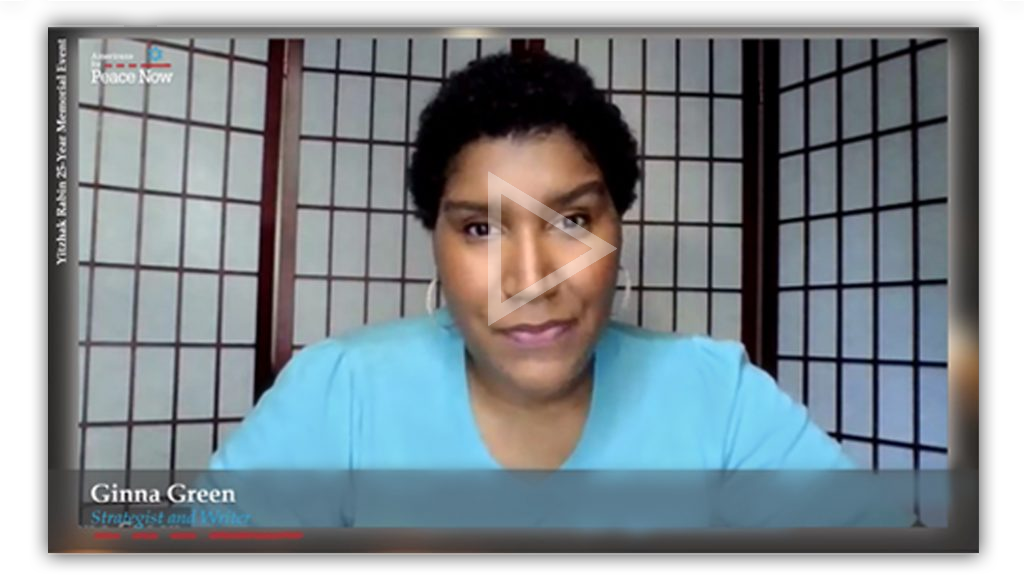
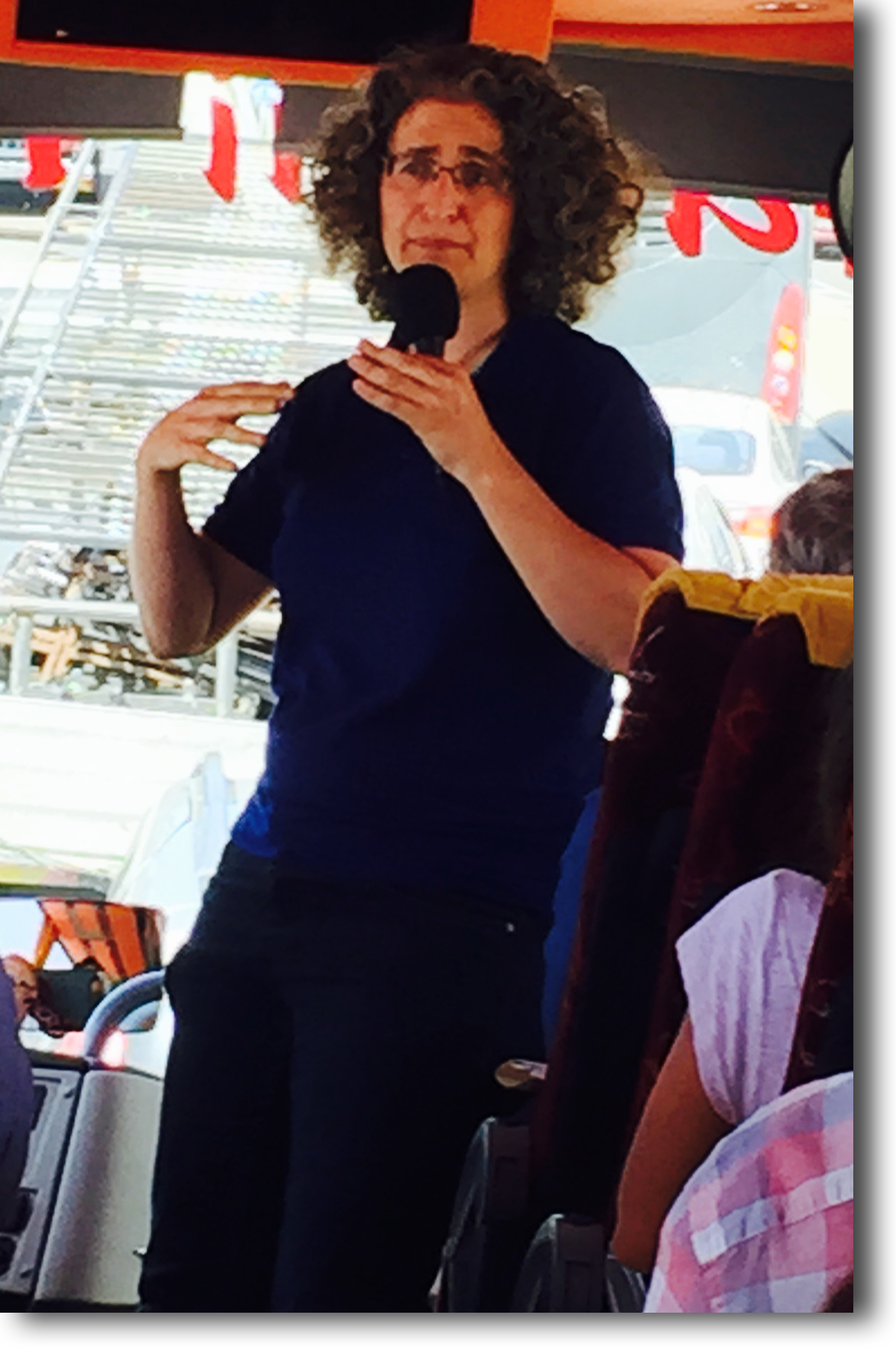 Message of Hope and Commitment, and Supporting APN, from Hagit Ofran, Peace Now
Settlement Watch Director
Message of Hope and Commitment, and Supporting APN, from Hagit Ofran, Peace Now
Settlement Watch Director
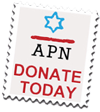
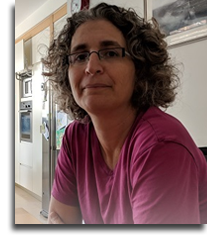 Last week, over 150 APN supporters joined me and Hadar Susskind and Ori Nir to discuss the latest
developments in the ongoing annexation of the West Bank,
Last week, over 150 APN supporters joined me and Hadar Susskind and Ori Nir to discuss the latest
developments in the ongoing annexation of the West Bank,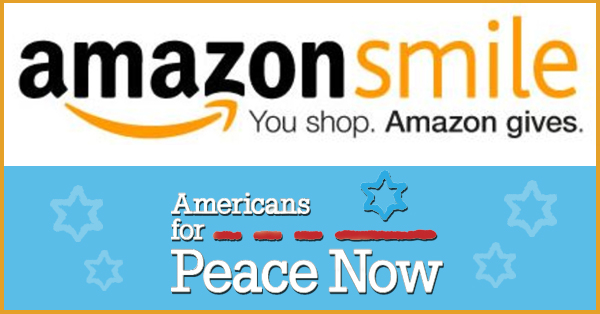
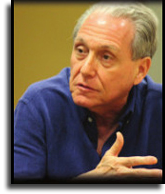 We are at an inflection point in the U.S.-Israel relationship.
We are at an inflection point in the U.S.-Israel relationship.
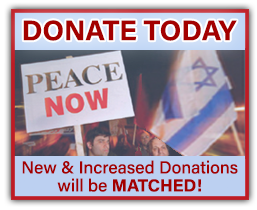
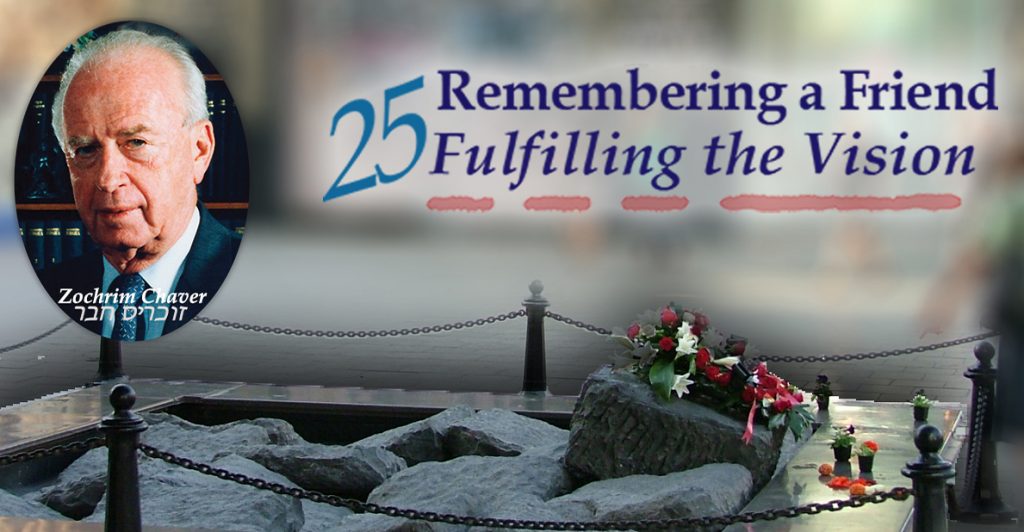 APN's Yitzhak Rabin 25-Year Memorial Event - Tuesday, October 20
APN's Yitzhak Rabin 25-Year Memorial Event - Tuesday, October 20
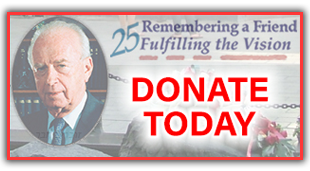
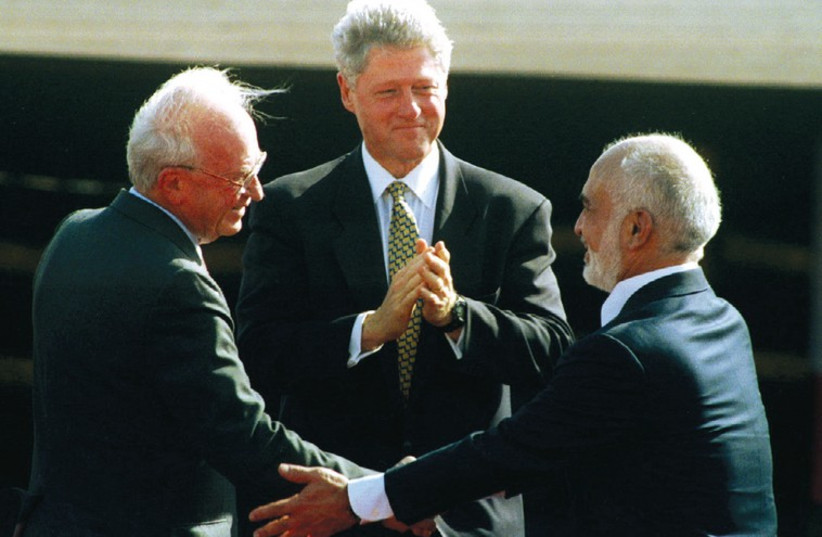 For Israel’s peace movement and its supporters in the United States, it is natural to honor a man
who shifted from hawk to dove, from fighting Palestinians and denying their national identify and collective
rights, to formally recognizing them and their national aspirations. Rabin’s personal transformation inspired
millions of Israelis and Palestinians, and supporters of peace between the two peoples worldwide, to believe
that a peace agreement based on a historical compromise was attainable.
For Israel’s peace movement and its supporters in the United States, it is natural to honor a man
who shifted from hawk to dove, from fighting Palestinians and denying their national identify and collective
rights, to formally recognizing them and their national aspirations. Rabin’s personal transformation inspired
millions of Israelis and Palestinians, and supporters of peace between the two peoples worldwide, to believe
that a peace agreement based on a historical compromise was attainable.